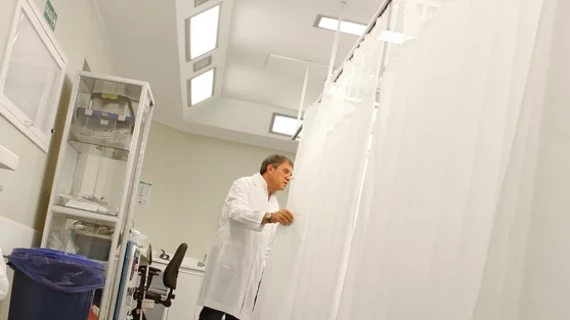Missed opportunities: Early heart failure diagnoses often overlooked in outpatient setting
A large percentage of heart failure (HF) cases are diagnosed in an acute care setting instead of an outpatient setting, especially among women and Black patients, according to new data published in Circulation: Heart Failure.
Failure to diagnose HF in its earlier stages in an outpatient environment represents a missed opportunity that could help reduce HF progression and address disparities in care, the authors explained.
“Making these diagnoses earlier could allow for urgent intervention, preventing the cardiac remodeling and organ dysfunction that accompany delays in treatment,” wrote lead author Alexander T. Sandhu, MD, MS, with the division of cardiovascular medicine and the cardiovascular institute at Stanford University, and colleagues. “Rapid intervention is critical to prevent morbidity and mortality—both of which remain high in HF yet can be mitigated with guideline-directed medical therapy. Acute care HF diagnosis portends a worse prognosis than outpatient diagnosis.”
Sandhu et al. analyzed data from 959,438 patients with incident HF between 2004 and 2018. All patients were members of commercial or Medicare Advantage health plans.
In the study, 38% of patients with newly diagnosed HF were diagnosed in an acute care setting, which includes inpatient settings and the emergency department, as opposed to an outpatient setting. Of that cohort, 46% showed signs of potential HF symptoms months before their eventual diagnosis.
In an acute care setting, women had a better chance of being diagnosed with HF than men, and Black patients were more likely to be diagnosed than white patients. Also, Asian and Hispanic patients had a lower chance of being diagnosed with HF in an acute care location than white patients.
“Additional research is needed to evaluate whether earlier recognition and treatment would improve prognosis and also to develop strategies for early screening and diagnosis; the creation of measurement and feedback mechanisms to improve primary care clinicians’ awareness of their own missed diagnoses and subconscious bias is a reasonable starting place,” the authors concluded.
The full study is available here.
